There's been an astronomical growth in our collective understanding of the many routes that queer people take when they decide to share their sexuality or gender identity with the world. In the past decade, something that was once seen as a confession has often granted much more compassion and empathy from people. However, along with this societal move toward empathy for the LGBTQ+ community, we’ve also seen the more invasive side to putting ourselves in other people's shoes.
Sign up for the Out Newsletter to keep up with what's new in LGBTQ+ culture and entertainment — delivered three times a week straight (well…) to your inbox!
I felt a deep sadness when I saw Shawn Mendes discussing his sexuality during a performance in Colorado's Red Rocks Park. While I've never had a strong affinity for Mendes's work, I've always paid attention to how the media coverage — often, regrettably, within queer media — and social media discourse consistently raise his sexuality as a talking point.
Even if it's a single line at the bottom of an article, or a suggestive emoji in the caption of a TikTok, Mendes's kind-hearted charm and boy-next-door image has always been studied.
People seem to keep waiting, and perhaps even wanting, for the singer to trip up and reveal that the coverage and discourse surrounding his sexuality were valid all along.
@theliyahrich THE YOU CAN SAY I LIKE GIRLS OR BOYS?? had me gagged. #shawnmendes #shawnmendesvideos #shawnmendesfan #nyc
As someone who's recently spent time unpicking my own experiences coming out as a teenager, Mendes's words on stage struck a chord with me. Although worlds apart, I saw myself in Mendes's reluctant statement — for he was saying what I wished I could've said over a decade ago.
It is assumed that people who present themselves as kind, friendly, and/or feminine have an easier journey in the lead-up to their coming out.
"People already know," I'd hear.
But a crucial part of this process is often forgotten: whether or not you already know this about yourself.
As a child who came of age in the late 2000s in the United Kingdom, I had an arguably better time than prior generations. Mainstream media in the U.K. was showcasing LGBTQ+ representation among pop stars and TV presenters in ways we hadn't seen before. but the hardwired stereotype of the predatory, sexualized, flamboyant gay man archetype was still very much alive and kicking.
Television shows like Little Britain in the U.K. permanently burnt these tropes of gay people — as the butt of the joke — into the minds of both young and old audiences. Some of those assumptions are still very much present even today.
As a child who was learning to dance, wanting to cook, taking interest in fashion, and had friends who were girls, I had already been labeled as gay in the outside world. The boys at school were already confident that I was part of that club. I was one of those people they'd seen on the TV. Someone to be laughed at. Someone to be ostracized.
My first introduction to the word "gay" wasn't a gentle understanding of what I might be, but rather an accusation by people who perceived being gay as something wrong. As a result, my coming out felt more like a confession that confirmed other people's suspicions rather than a moment of reclamation and joy for myself.
Listening to Mendes, I couldn't help but identify with his words: not having the space to discover parts of yourself that you were curious about.
"I went right into working a lot and traveling, and it was the most beautiful thing," he told the crowd. "But the truth is that I didn't get to do a lot of 15-year-old things and discover parts of myself that you do at 15."
@lewisiana Shawn finally addressing his sexuality! #shawnmendes #friendsandfamily #redrock
Although, again, worlds apart in terms of superstardom and upbringing, both of our experiences share the fact that we weren't given the space, the time, or the grace to figure out something that is so beautiful and integral to one's experience — their sexuality — without scrutiny. People kept telling us who we were before we even reached that conclusion for ourselves.
Mendes, unfortunately, isn't the only celebrity who's become a target for media speculation. Chappell Roan notably took to TikTok to explain how "weird" it felt for fans to invade the privacy of her family and friends, and many other artists thanked her for setting boundaries in an industry that can feel lawless.
Reaching new heights of fame doesn't give anybody the right to demand an answer from others about their personal lives. The world consistently wants to know more about the people we see on our phones and TV screens, but maybe it's time to learn the importance of boundaries.
As an adult now, with at least 10 years of distance from being told I was gay before I even knew what it meant, I realize that I never got the chance to come out on my own terms. Recent news stories about Mendes brought me back to the realization that I also never got the chance to understand myself first.
Regardless of how Mendes identifies, his story resonates with a queer person who knows what it's like to have your discovery process robbed from you. Everyone should have that right — famous or otherwise.
Voices is dedicated to featuring a wide range of inspiring personal stories and impactful opinions from the LGBTQ+ community and its allies. Visit out.com/submit to learn more about submission guidelines. We welcome your thoughts and feedback on any of our stories. Email us at voices@equalpride.com. Views expressed in Voices stories are those of the guest writers, columnists and editors, and do not directly represent the views of Out or our parent company, equalpride.






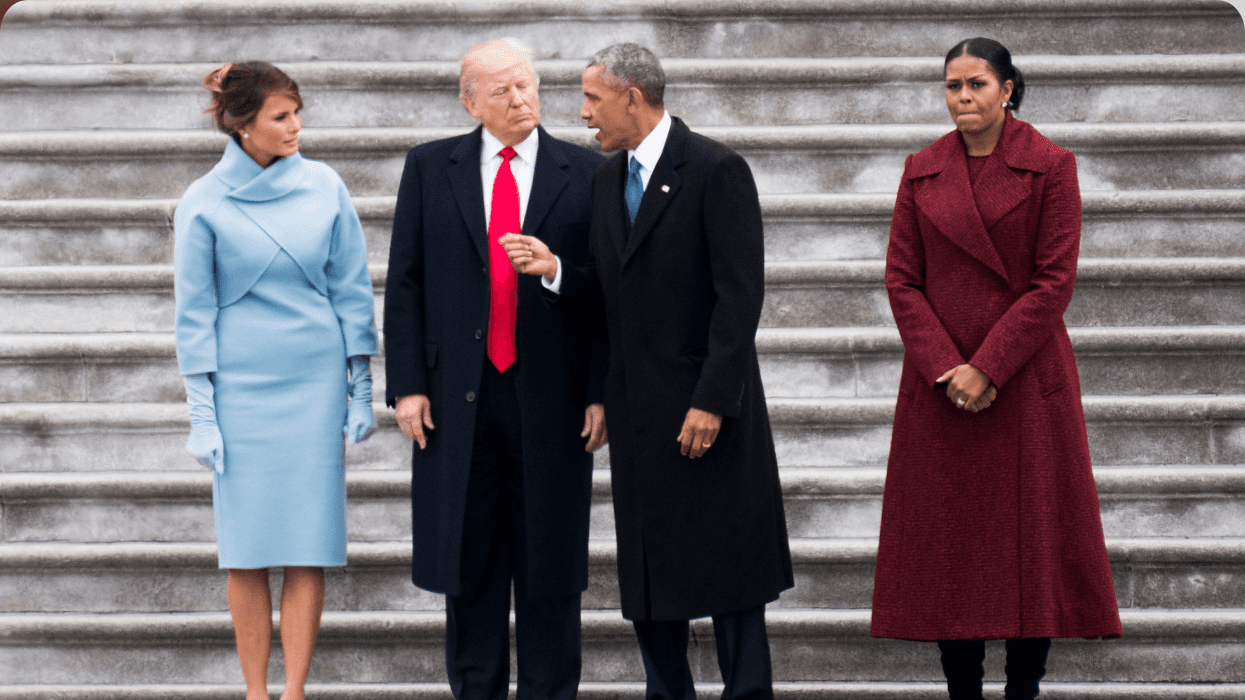
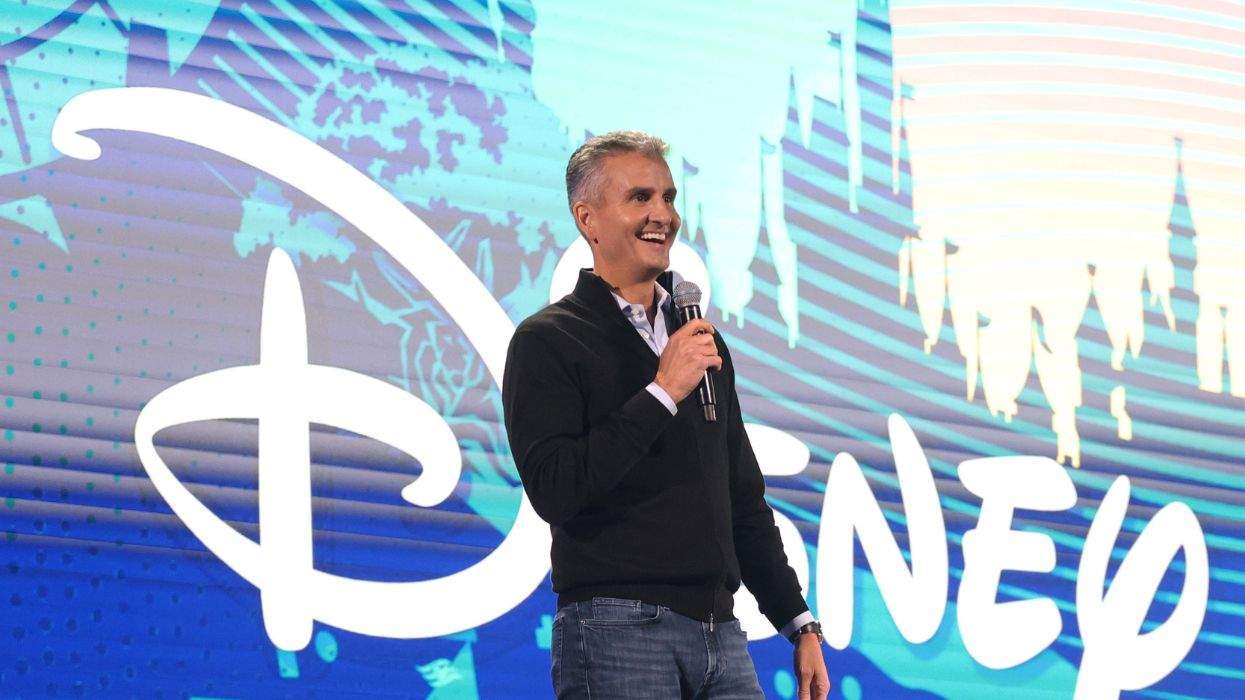
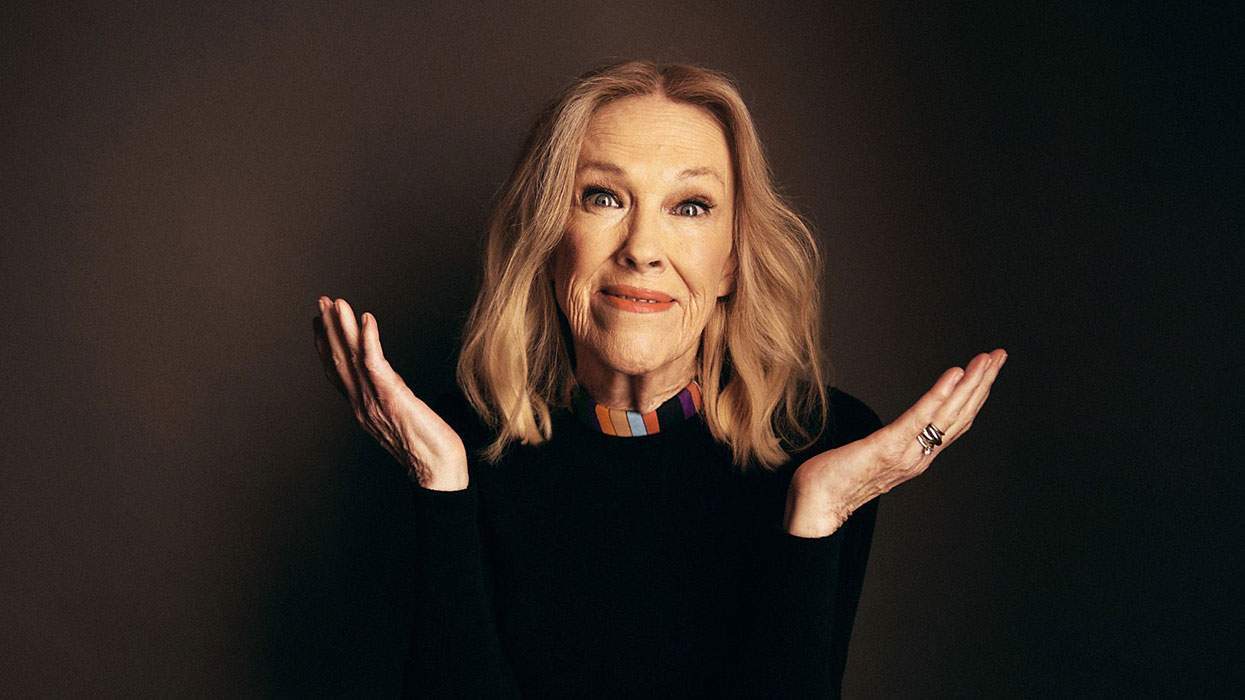
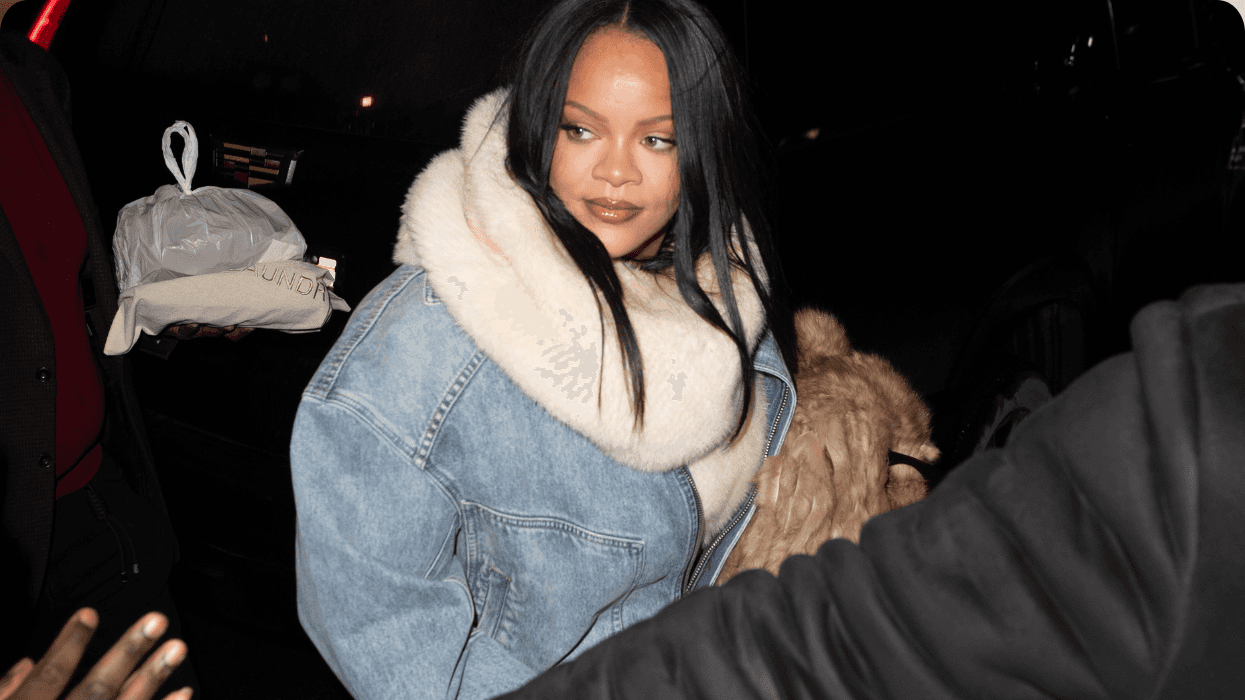
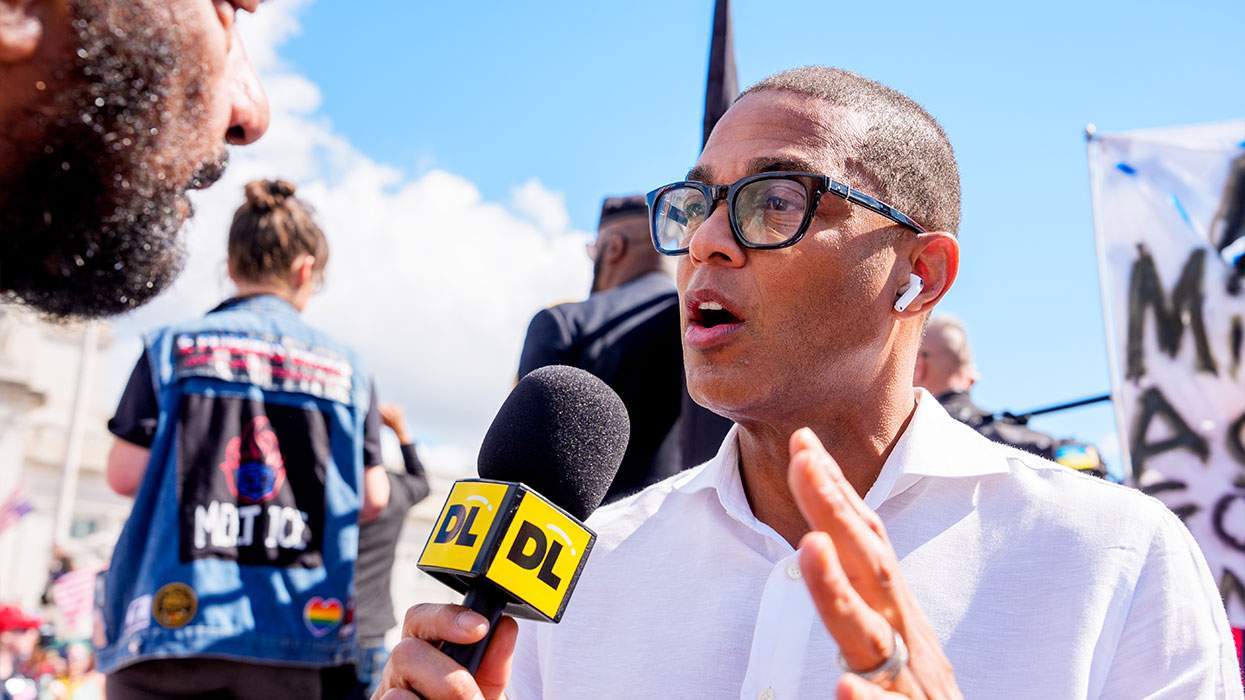
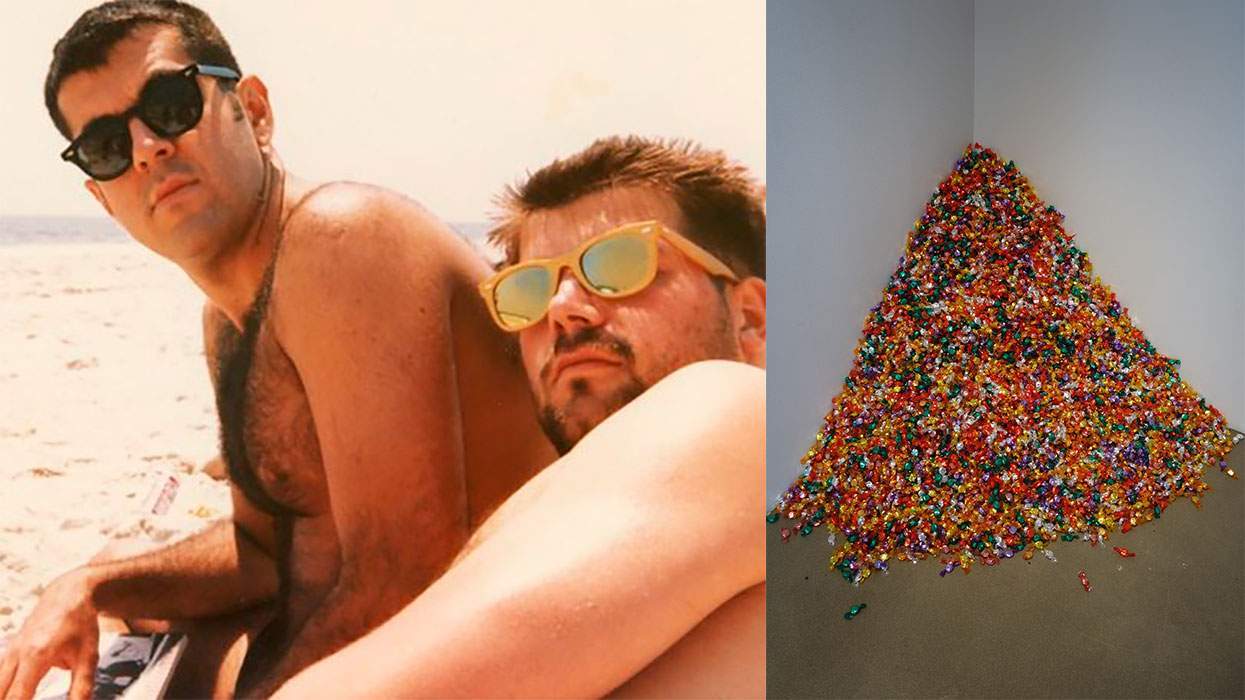
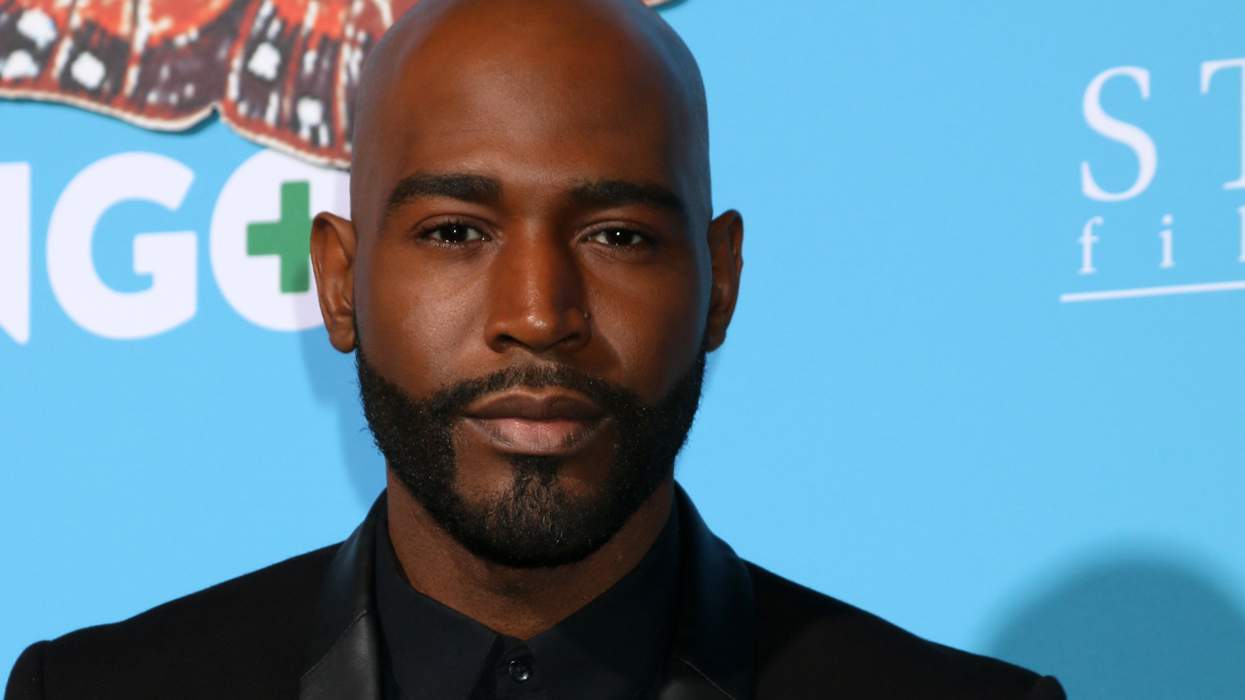






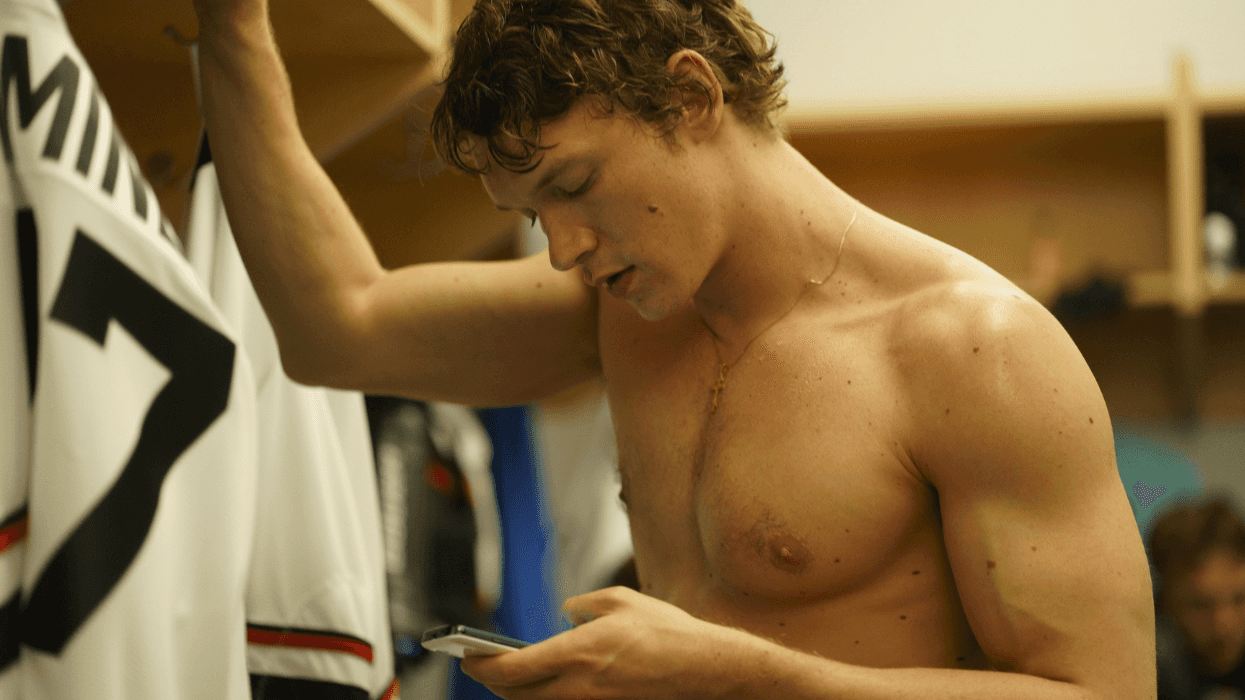
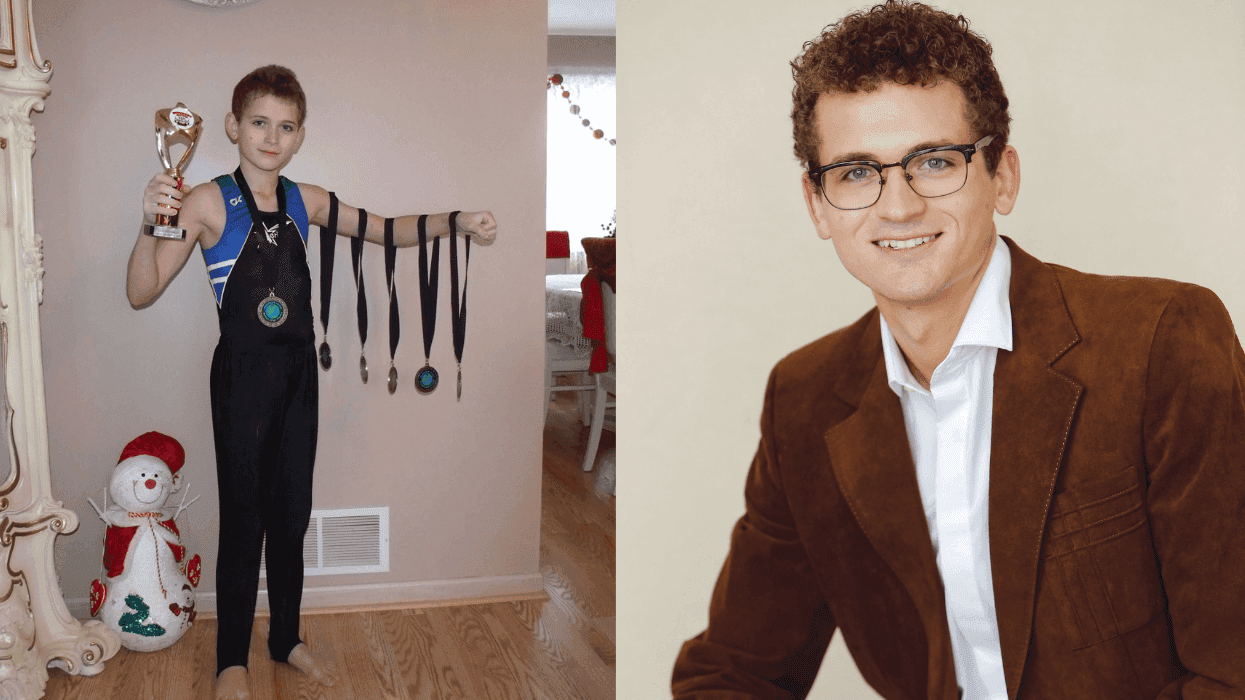
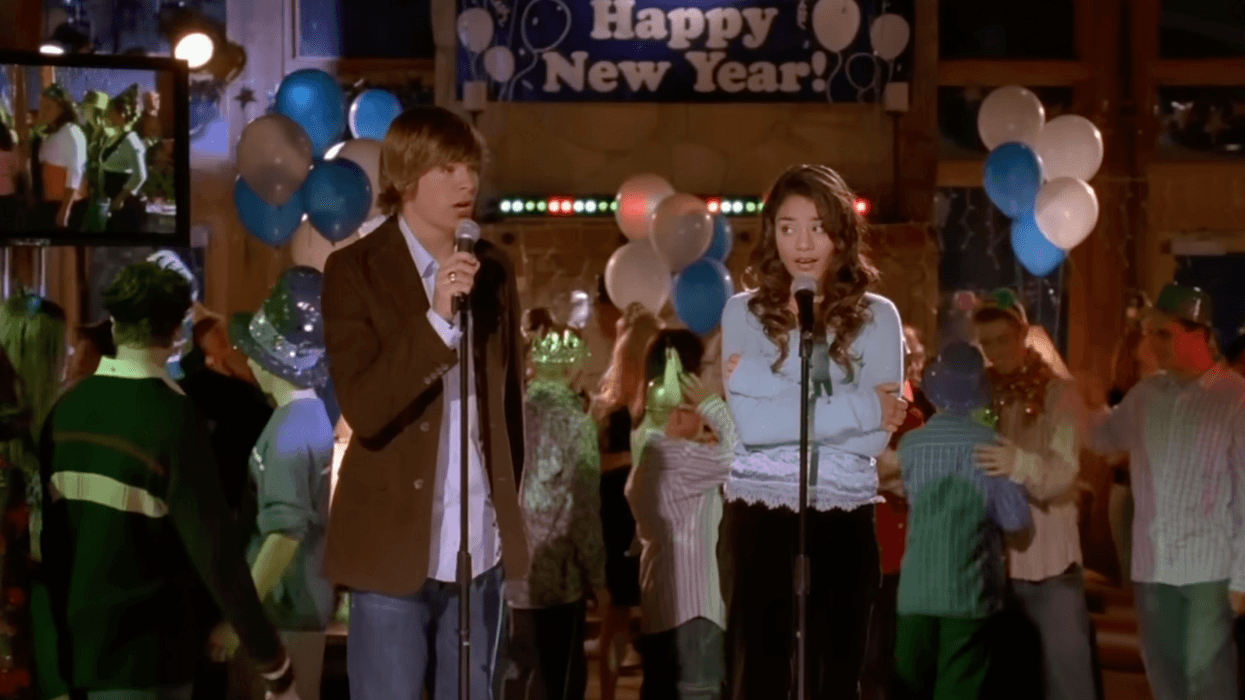

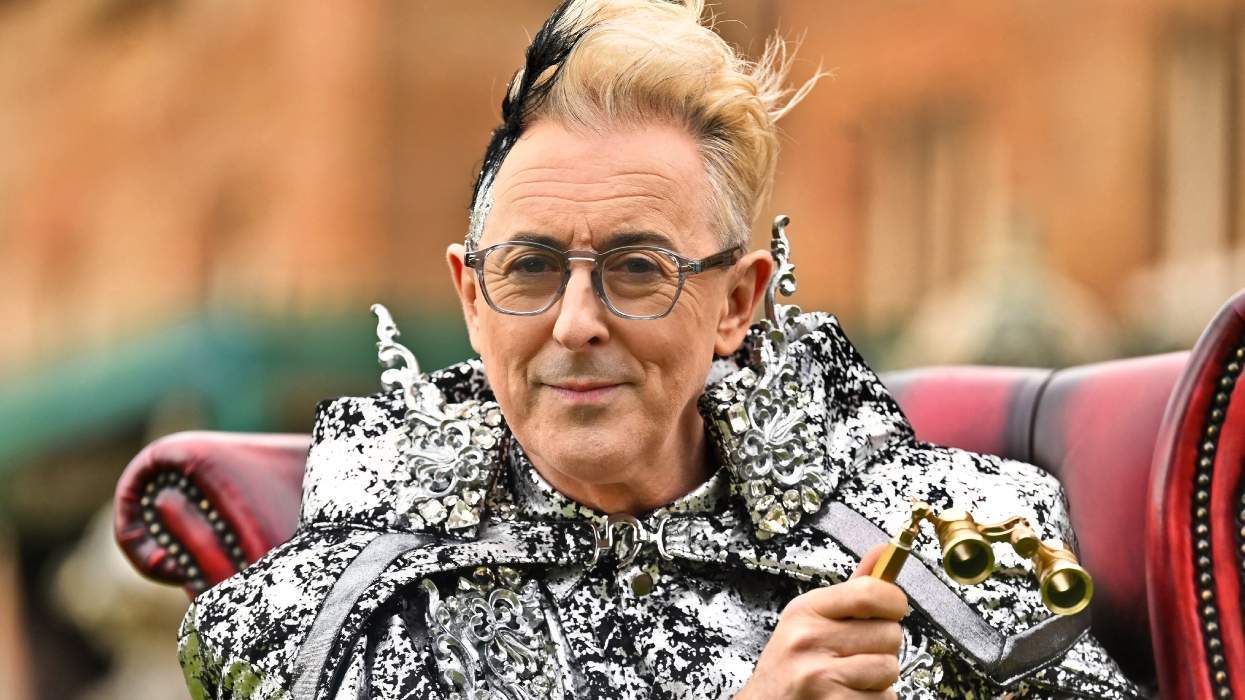
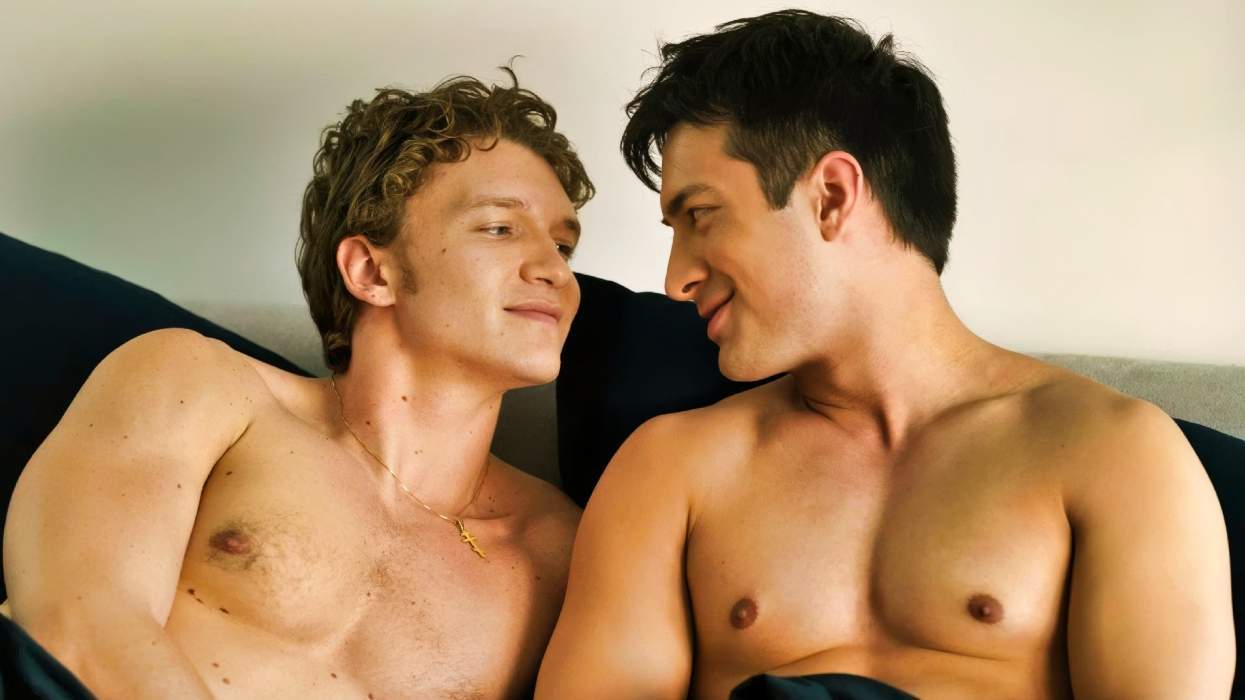
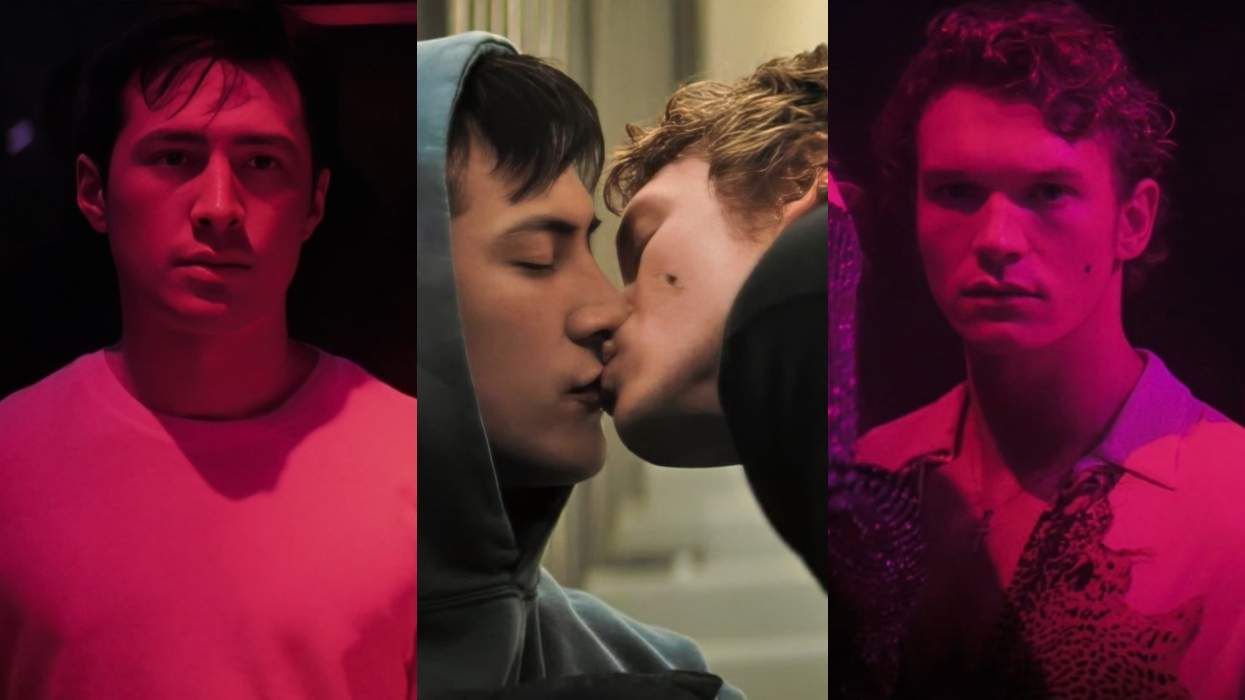
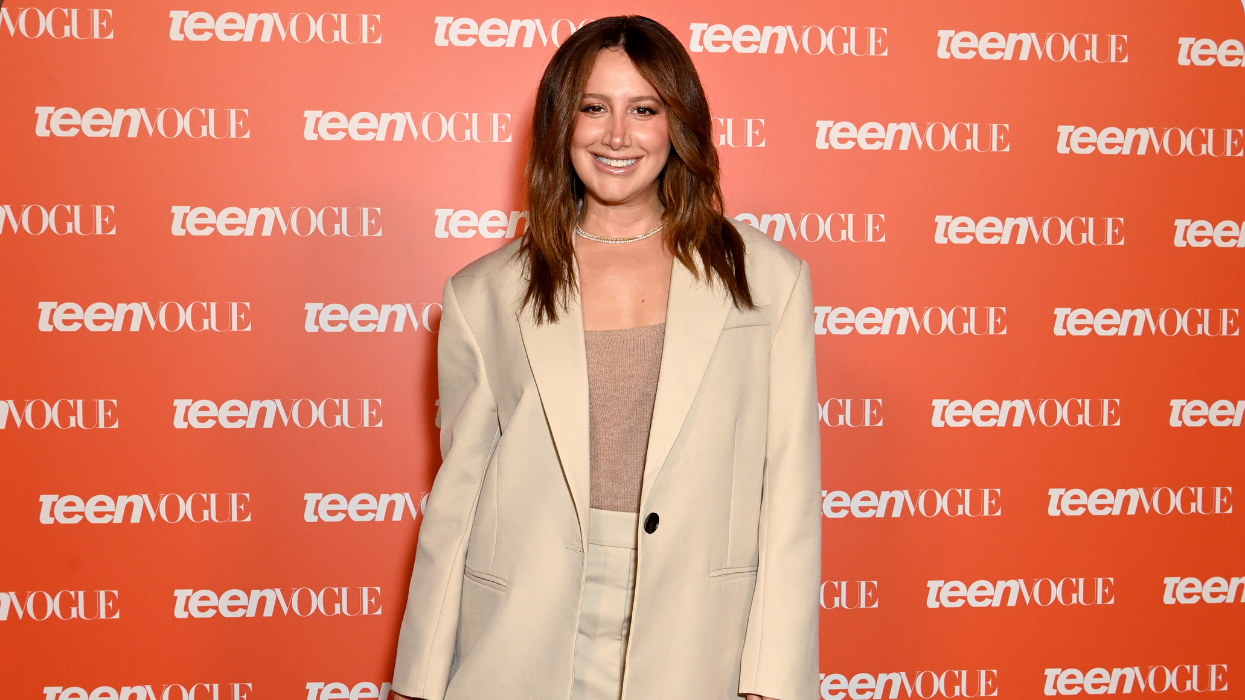
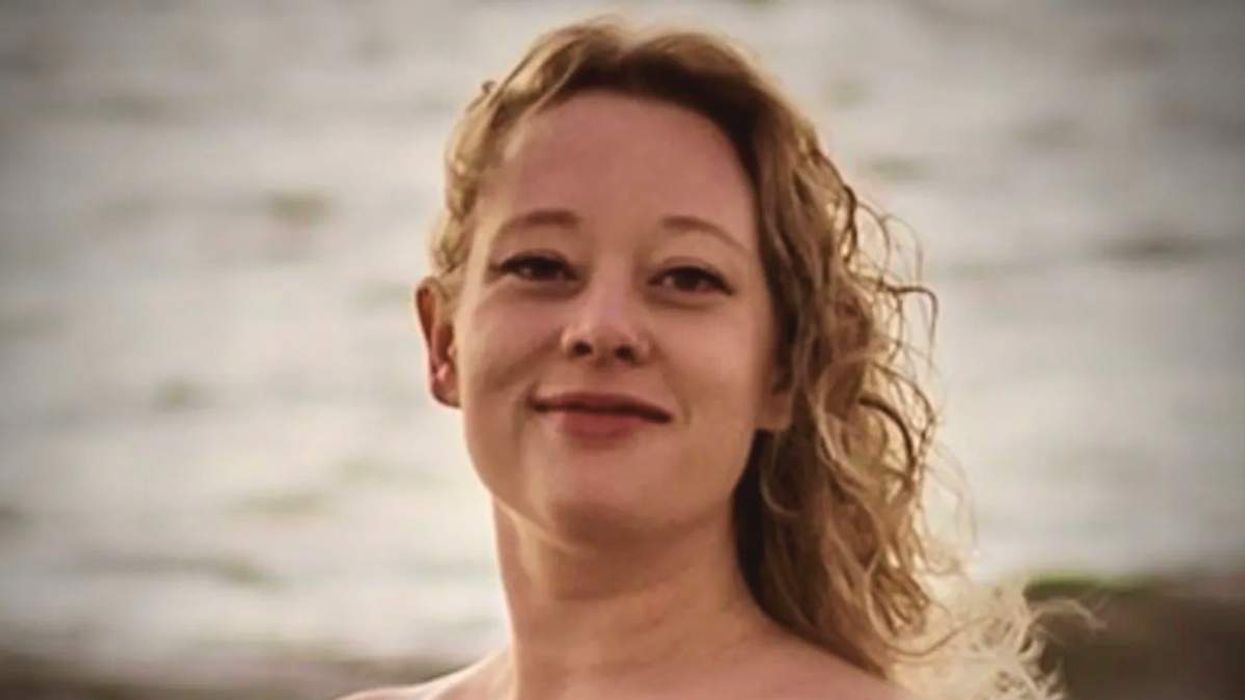
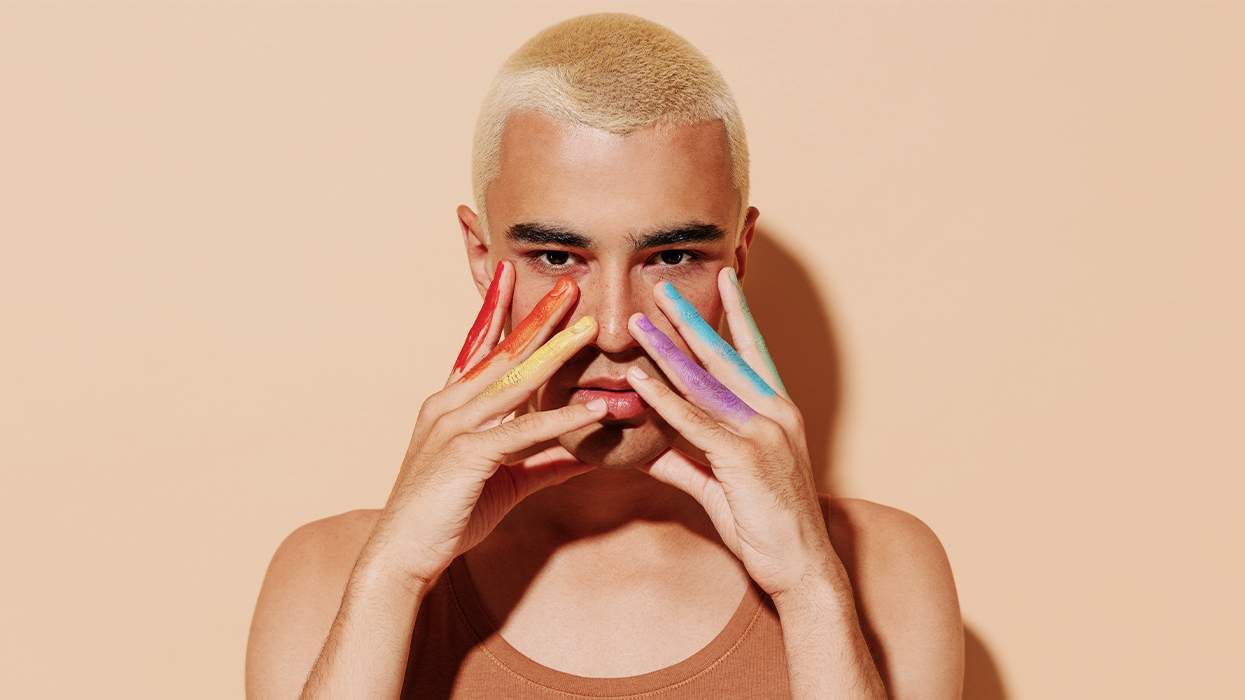
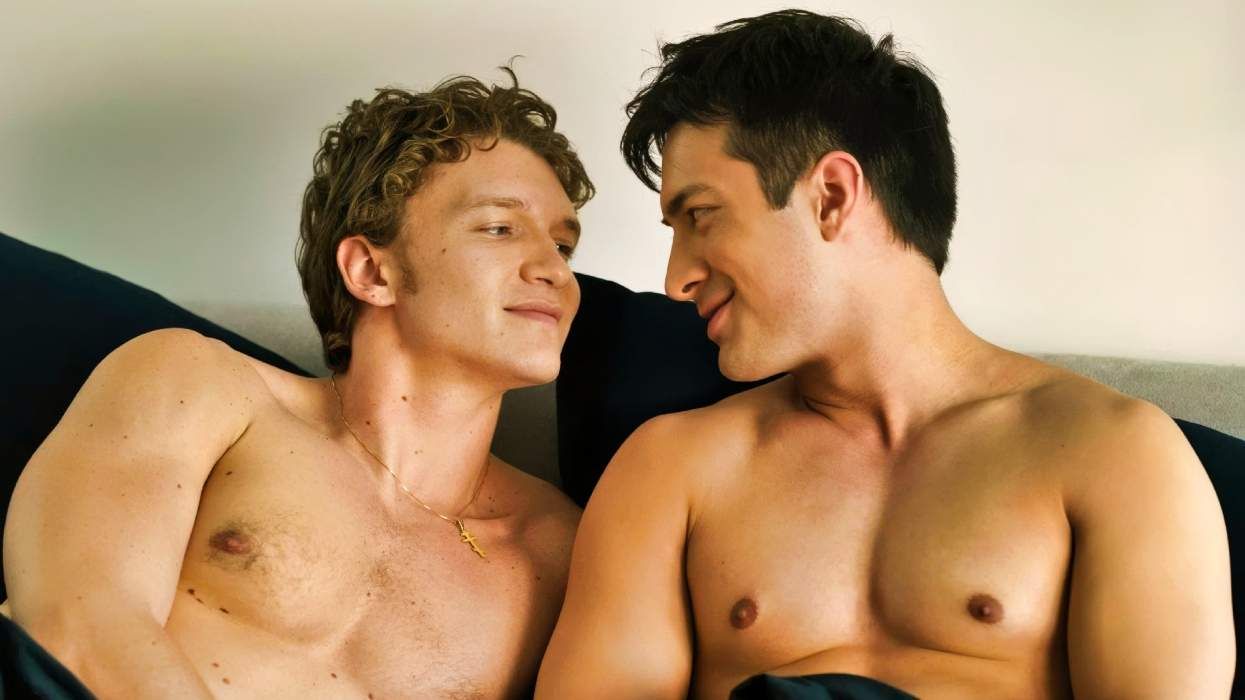

I watched the Kid Rock Turning Point USA halftime show so you don't have to
Opinion: "I have no problem with lip syncing, but you'd think the side that hates drag queens so much would have a little more shame about it," writes Ryan Adamczeski.